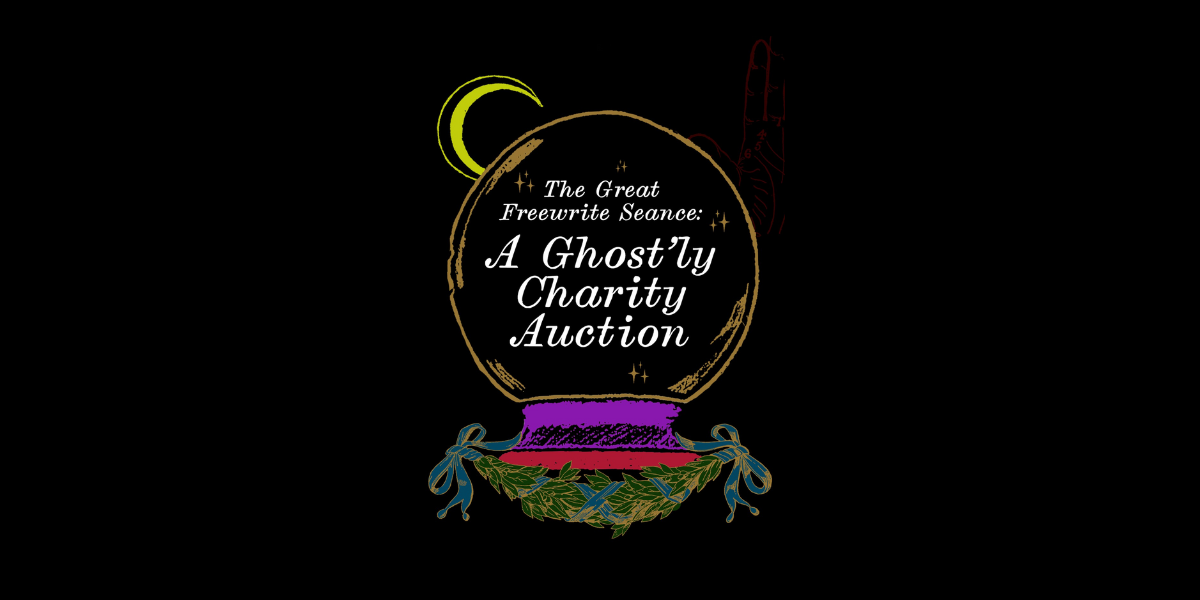Most of us remember sitting in an English composition class staring at the prompt on the board, trying to pass the time the teacher set aside for the writing exercise.
Or maybe you were a young aspiring author who thrived during this part of class, but you’ve never tried similar writing exercises outside of school.
While many adults may dismiss the idea of using writing prompts as something intended for children or beginners, this couldn’t be further from the truth. There’s a reason we sell them at Freewrite.
In case you’ve never encountered writing prompts, here’s a quick rundown: A writing prompt is a short, succinct piece of content designed to center and guide your writing session.
The prompt could be anything — a question, a statement, a theme, a premise, or even a picture. Its purpose is not to tell you what to write; it’s simply to give you something to focus on. We like to think of it like structured daydreaming. And it’s a powerful tool that can inspire and challenge writers of all levels.

The Benefits of Writing Prompts
Our favorite benefit of writing prompts is, of course, that they can help you push through writer’s block.
Focusing on the creation of something you never intend to share can be a simple way of letting go of our inner critic and simply creating. (And it may later become something you do share!)
By engaging with prompts regularly, writers can train their minds to bypass blocks and access their creative flow more readily.
Writing prompts also:
-
Provide structure to writing practice. Writing prompts provide a guidebook and a direction, however faint, which can guide you through the initial hurdle of getting started.
-
Awaken little-used corners of your imagination. Writing is, at its core, an exercise in creativity. A prompt provides an unexpected spot from which to launch into uncharted territory. A poet may find inspiration in a prompt tailored for prose, while a fiction writer might discover a penchant for flash fiction through a succinct prompt. Such exploration not only broadens your writing repertoire but also fosters growth and versatility as a writer.
-
Hone your writing skills. Like any skill, writing requires consistent practice to improve and maintain proficiency. Writing prompts offer a structure for that practice. By committing to writing within set parameters — be it word count, theme, or format — you can develop discipline and a routine. This disciplined approach not only strengthens your skills but cultivates perseverance and resilience in the face of creative challenges.
Who Should Use Writing Prompts?
Everyone who writes! Whether you’re an established author seeking new ideas or someone simply looking to explore the joys of writing, writing prompts will push the limits of your imagination and help you write when you don’t think you can.
While beginners often embrace prompts, there's one group who often overlooks them — and who we're going to call out:
Established and published writers.
Professional writers may not have interest in writing outside their genre or may think they don’t have the time to explore ideas that won’t be published and, thus, skip over prompts.
However, prompts help open up your imagination and draw you out of a writing rut you may not even know you're in. They help you see things a different way.
And if you’re experiencing writer’s block or not enjoying writing as much as you used to, it’s imperative that you look for solutions — like prompts — that will unleash your creativity once again and reignite that passion for writing.
Finding Writing Prompts
There are plenty of writing prompt resources online, but we recommend finding a curated solution so that you can be sure of the quality and content.
You can find free writing prompts to get you started on our blog:
- 60 Writing Prompts You Can Use Today
- 30 Prompts to Start Writing Your Memoir
- Writing Prompts for Father's Day
And if you prefer to stay off your computer (and away from distractions), order our dazzling Words Are Hard writing prompt deck. This curated collection of 150 thought-provoking prompts span eight writing genres so that you can awaken every corner of your imagination.
How to Use Writing Prompts
Here’s our quick guide to using writing prompts:
- Choose a prompt that resonates with you. Don’t waste time trying to pick — if you have decision fatigue, pick one at random and commit to it.
- Set a goal. Say, “I’m going to write for 20 minutes” and set a timer, or “I’m going to write 500 words” and write until you reach that goal. If you’re unsure how to get started, set a timer for 10 minutes and write until it goes off. We bet you’ll want to keep writing afterward.
- Start writing. Don’t worry about perfect sentences or grammar. Let your imagination roam, exploring unique interpretations of the prompt. Avoid editing during this stage.
- Reflect. How do you feel? Is your imagination alert? Is the creativity flowing? Keep writing if you’re in the zone! Or review what you’ve written so far, and look for ideas or storylines that may be worth exploring with another session.































